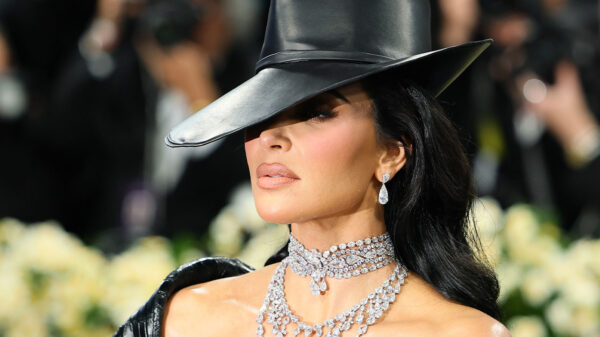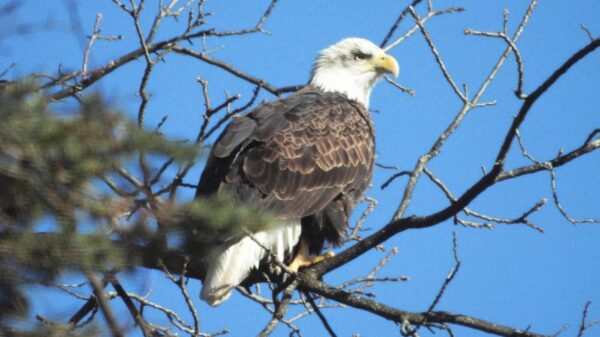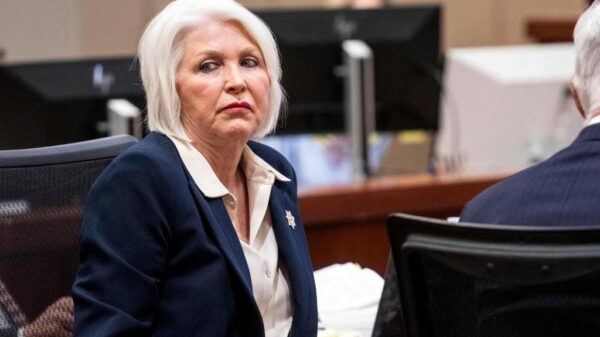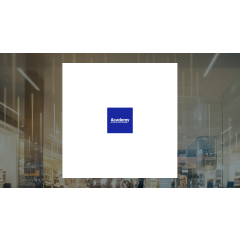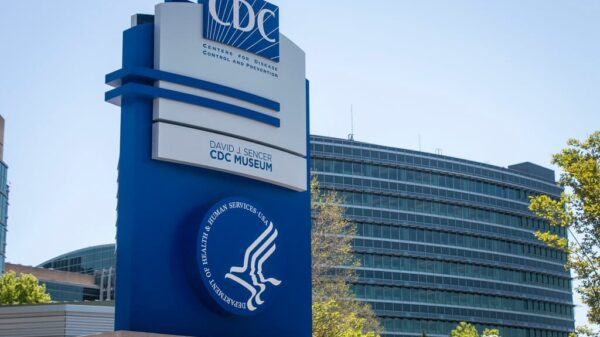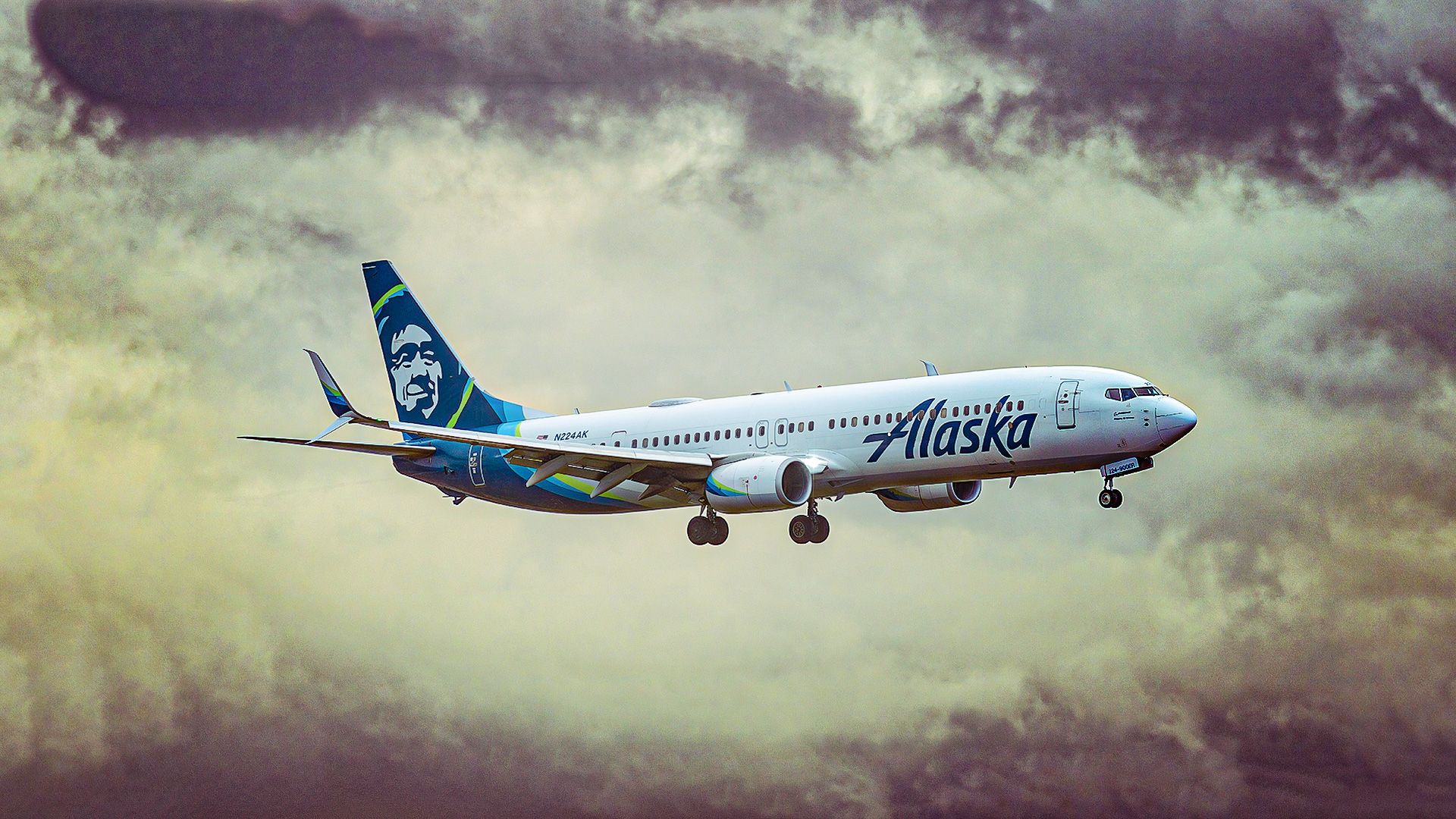On October 3, 2025, the High Court of Justice ruled against Alaska Airlines, confirming its obligation to pay $160 million in trademark royalties to the Virgin Group. The airline sought to overturn a previous decision mandating these payments, despite having ceased using the Virgin branding following its acquisition of Virgin America between 2016 and 2018. The court’s ruling highlighted that Alaska Airlines remains responsible for royalties linked to its use of the Virgin name and branding.
The court’s decision reiterated that Virgin is entitled to monetary compensation for minimum royalties up to September 23, 2022. The ruling clarifies the ongoing nature of the agreement and the associated financial responsibilities.
Background of the Royalty Dispute
Alaska Airlines merged with Virgin America in July 2018, leading to the latter’s cessation of operations. Under the terms of the merger, Alaska Airlines was required to pay an initial royalty fee of nearly $8 million annually for the continued use of the Virgin brand. However, the airline discontinued using Virgin branding after the merger, asserting that it should no longer be liable for these payments.
The Virgin Group contested this assertion, claiming entitlement to minimum royalties from 2016 through 2039. Alaska Airlines argued that the original agreement did not clearly stipulate ongoing payment requirements. Court documents reveal that Alaska Airlines sought to retain control of the Virgin trademarks for a period of 25 years without any financial obligation, given their non-use of the brand. The court dismissed this claim, emphasizing that the Virgin brand still holds significant value and prevents competitors from leveraging it within the US market. The court determined that Alaska Airlines could not unilaterally decide to terminate the licensing agreement as per the original merger negotiations.
The Acquisition of Virgin America
The airline industry has undergone significant consolidation in recent years. In a landscape that previously featured numerous carriers, a few major players dominate the current market. Notable recent mergers include the blocked acquisition of Spirit Airlines by JetBlue and the anticipated full merger of Hawaiian Airlines with Alaska Airlines by 2026.
Founded by Richard Branson, the Virgin Group established Virgin America in 2004, entering the competitive US domestic airline sector. The airline quickly expanded, operating nearly 70 aircraft and servicing over 30 destinations across North America by 2014. In 2014, Virgin America went public with an Initial Public Offering (IPO) on the NASDAQ.
Alaska Airlines entered a bidding war for Virgin America in early 2016, ultimately acquiring it for $2.6 billion at $44.75 per share. This acquisition eliminated a significant competitor and allowed Alaska Airlines to enhance its route network, competitiveness, and profitability. Additionally, it secured valuable airport slots, positioning Alaska as the fifth-largest airline in the United States.
Delta Air Lines’ Involvement
The trademark dispute has drawn in Delta Air Lines, which holds a 49% stake in Virgin Atlantic and has a partnership with the airline. Alaska Airlines contends that Delta’s involvement promotes Virgin-branded services on domestic US flights, particularly through Virgin Atlantic’s Flying Club loyalty program. Alaska argues this infringes on its exclusive rights to the Virgin brand within the US.
In response, Delta characterized Alaska’s legal actions as “meritless,” clarifying that the dispute is primarily between Alaska and Virgin, with Delta not being a participant in the case. The ongoing legal battle underscores the complexities of trademark rights and the implications of airline mergers in an increasingly consolidated market.
As the situation develops, the implications of this ruling may reverberate across the airline industry, affecting not only Alaska Airlines but also the broader competitive landscape.



